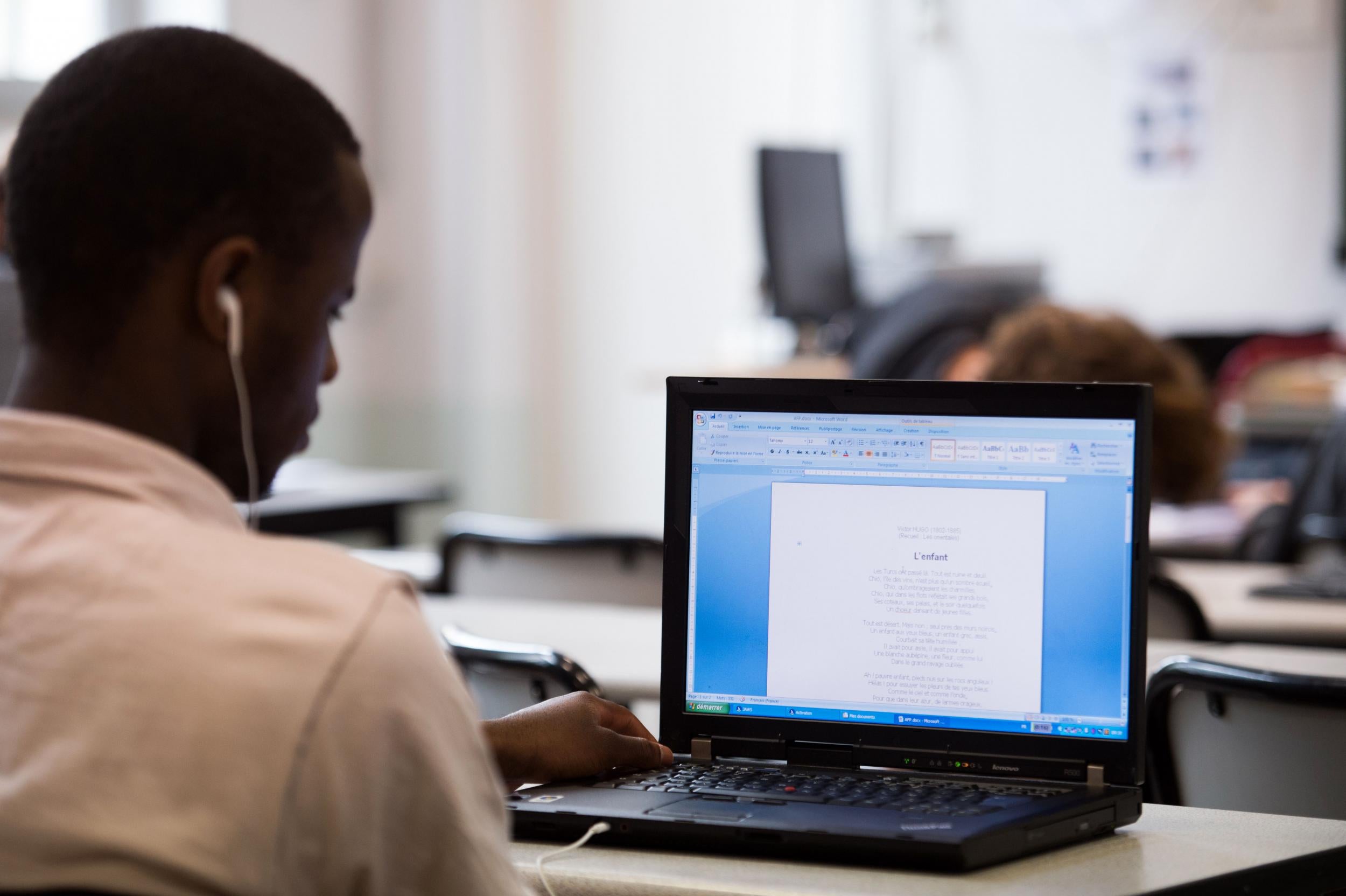Your support helps us to tell the story
From reproductive rights to climate change to Big Tech, The Independent is on the ground when the story is developing. Whether it's investigating the financials of Elon Musk's pro-Trump PAC or producing our latest documentary, 'The A Word', which shines a light on the American women fighting for reproductive rights, we know how important it is to parse out the facts from the messaging.
At such a critical moment in US history, we need reporters on the ground. Your donation allows us to keep sending journalists to speak to both sides of the story.
The Independent is trusted by Americans across the entire political spectrum. And unlike many other quality news outlets, we choose not to lock Americans out of our reporting and analysis with paywalls. We believe quality journalism should be available to everyone, paid for by those who can afford it.
Your support makes all the difference.Britain’s universities are said to be in the midst of a “plagiarism epidemic” after an investigation by The Times newspaper revealed how almost 50,000 students were caught cheating in the last three years.
The newspaper also found international students - from outside the European Union (EU) - to be the worst offenders, coming out as being more than four times as likely to cheat in exams and coursework, according to data obtained through the Freedom of Information Act.
From the 129 UK universities which featured in the investigation, the University of Kent came out on top with the highest number of academic misconduct cases - with 1,947 - followed by the University of Westminster (1,933) and the University of East London (1,828).
Sheffield Hallam (1,740) and Oxford Brookes (1,711) went on to complete the top five universities which caught the highest number of cheats.
In a statement to the Independent, the University of Kent said it has “robust systems” in place to detect anyone who may be trying to cheat, adding the institution “will not tolerate academic misconduct.”
It continued: “We take appropriate action against those who we find to be cheating and continued infringement will result in expulsion from the university.
“Such actions are in the interests of all our students and ensures the protection of our academic integrity.”
Six other universities are said to have each caught 1,000 or more students cheating over the three-year period. Non-EU students went on to make up 35 per cent of all cases, but accounted for just 12 per cent of the student population, requests from 70 universities showed.
75 per cent of postgraduates found plagiarising at Queen Mary University of London were from abroad, including a third from China.
One professor from the University of Buckingham told The Times “type-1 plagiarism,” copying and pasting, is decreasing because it’s “so easy to detect.”
However, he added: “My impression is that type-2 cheating, using a bespoke essay-writing service, is increasing.”
Services like these can reportedly charge hundreds of pounds for essays, dissertations, and exam answers which are said to be written by professional lecturers up to doctorate level.
One service, Ivory Research, based in Canary Wharf in London - which claims to be one of the UK’s leading academic research companies - says it employs “only the best writers in the industry,” adding how it uses a large team of expert writers who all have degrees from UK universities - minimum 2:1, through to Masters and PHD - including specialists in “all academic disciplines.”
The Ivory Research site adds: “You can be certain that the writer we assign to your custom paper will have the relevant experience and academic qualifications for your subject, and that the work they produce for you will be of the highest academic standard.”
Ivory Research has yet to respond to the Independent’s request for comment in relation to the investigation’s findings.

Join our commenting forum
Join thought-provoking conversations, follow other Independent readers and see their replies
Comments